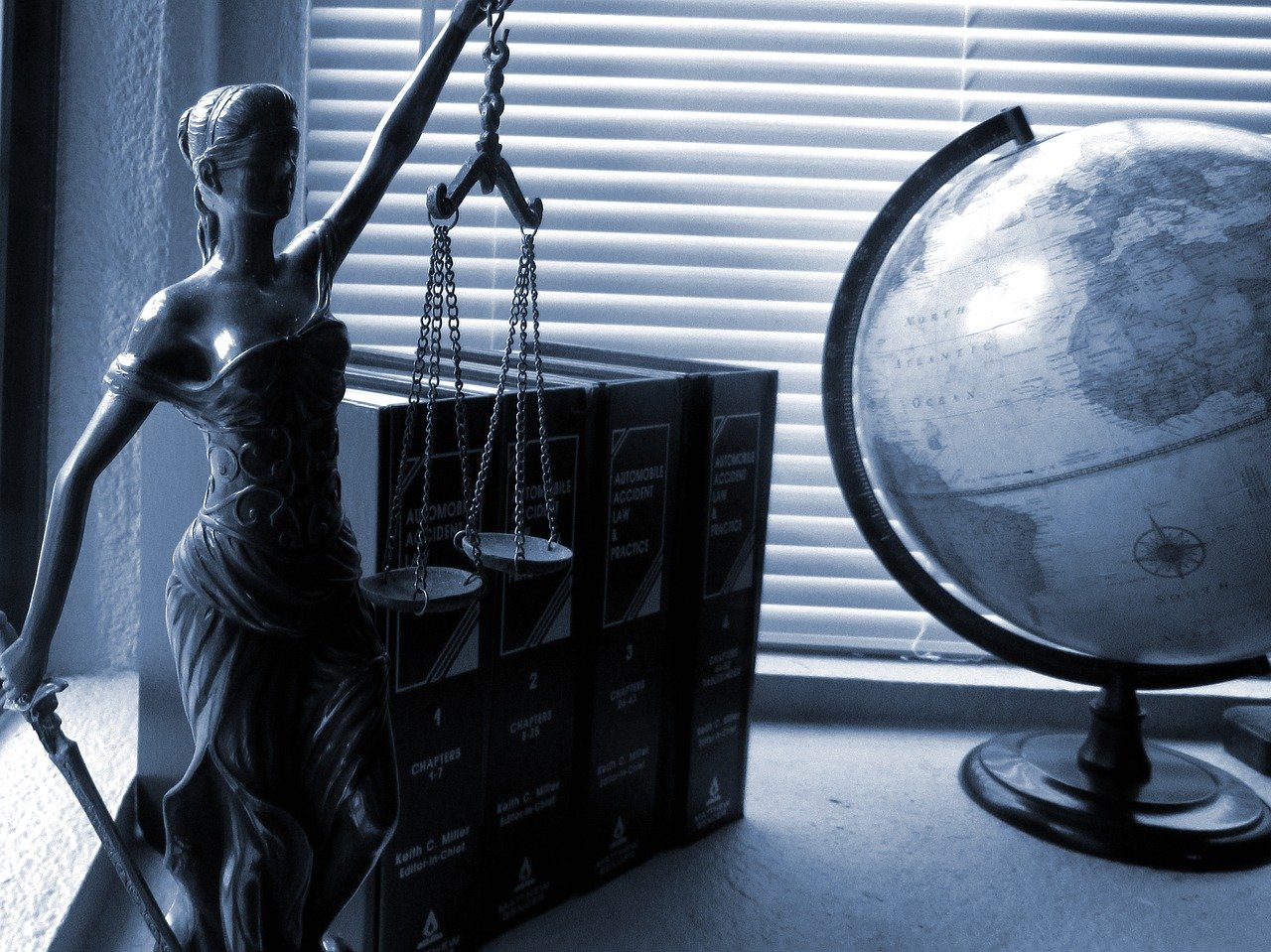Copyright is conveyed the moment an artist, writer, composer creates
something. That means when you write something it is already copyrighted! There is no additional
legal requirement to take any other action to protect yourself. An artist, such
as a musician or graphic designer, owns the copyright to songs and works of art
the moment they create them. A copyright is simply an exclusive right to copy
and publish a particular work. The copyright owner doesn't have to apply for
copyright protection to enjoy copyright protection: it exists from the minute
you're entitled to copyright protection. (Source: US Copyright Office)
Some websites and services offer to help you secure a copyright for a fee. Do not do this. It is an upsell and unnecessary waste of money. You are esentially paying a fee for something that already exists if you do this.
Once created, copyright gives you certain exclusive rights (the 'rights' to use your creation) in relation to various types of exploitation of your creative work. Successful exploitation may depend on how much effort or investment has gone into marketing and promoting your creation - bigger stars enjoy greater success than struggling newcomers because there's more money behind their creations. But you'll still be able fulfil any commercial prospects even if you've made little investment in your work.
When copyright attaches to a work it lasts for life of author plus 70 years. If you create something, copyright attaches at the time of creation, meaning that copyright protection will last for your lifetime plus 70 years after your death. If there were multiple creators then copyright still lasts for 70 years after the oldest creator dies. So long as copyright exists, copyright owners can take action against copyright infringers by filing lawsuits in federal court and seeking monetary damages and injunctive relief.
The copyright law gives you certain exclusive rights to your creative works for a period of time during which no one else may exploit the work in question without your permission. There are four types of copyright:
1) literary works;
2) musical compositions;
3) dramatic works, pantomimes and choreography;
4) pictorial, graphic, and sculptural works.
Once you have copyright protection of your work it is illegal for anyone to reproduce the copyright material without permission from you. While copyright does not protect ideas or concepts themselves a copyright will protect a specific expression of an idea if it is original enough to merit copyright protection. A copyright attaches automatically when something is written or recorded in some permanent form such as on paper, disk or canvas. In order to copyright your latest song you do not need to file any paperwork with the government nor purchase any copyright stamps. The simple act of writing down lyrics places them under copyright protection immediately upon creation even if on scrap paper that no one else will ever see.
Since copyright is an automatic right you do not need to register your copyright with the U. S. Copyright Office of the Library of Congress. It is always a good idea, however, to put some sort of copyright notice on your work that shows that copyright belongs to you and gives others notice that they should not copy or distribute your material without your permission. While there are no legal requirements for copyright notices it has become common practice among copyright owners around the world to mark their work with a copyright notice such as: "Copyright 2014 John Doe."
While copyright infringement can be very expensive if sued for in court copyright owners may find it easier and less costly just to send a letter requesting payment from those who have infringed their copyright. If you are accused of copyright infringement you should contact an attorney immediately to learn your rights before replying to any requests for payment.
